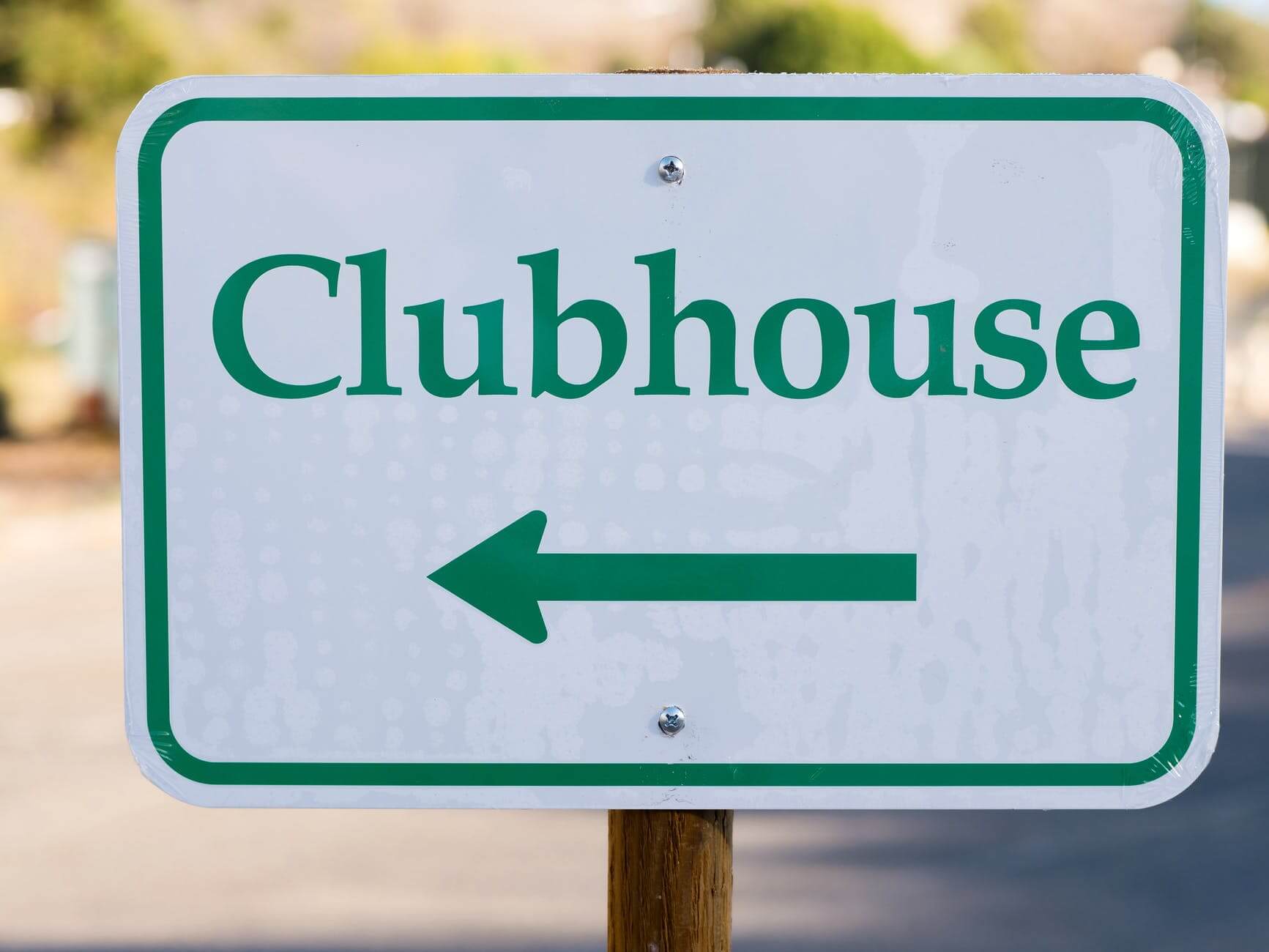
Social media platforms haven’t exactly received positive press in the past couple of weeks. I wrote previously about a potential end to journalism as we know it. Tech companies are actively starting to bypass journalists – Facebook came under fire after they were accused of blocking news in Australia following the Government’s attempt to enforce a world-first pay-for-news law. The law, which has now been passed, requires technology giants, such as Google and Facebook, to pay a cut of their advertising revenue to newsrooms in a bid to save public-interest news. Facebook’s actions meant that quality journalism produced by trained journalists in the country was blocked while fake news and misinformation was able to be spread. This was not only dangerous in the middle of a global pandemic but also highly undemocratic. The case raises serious questions about the power social media platforms have acquired. Although this negative news might suggest the last thing people would want right now is another social media app on the scene, this hasn’t stopped the buzz growing around the new audio-only platform Clubhouse. I have seen the app hailed as “the next big thing in public relations” but is it really worth the hype or is it the next Google Buzz?
What is Clubhouse?
Clubhouse is an audio-only app where users can join chatrooms and listen to speakers talk on an infinite number of subjects allowing them to connect with like-minded people. It is similar to listening to a podcast, only live. I believe a lot of the excitement around Clubhouse is due to its exclusivity – those who wish to sign up have to receive an invitation from someone who is already a member. It is also currently only available to iPhone users which is a bummer for me being on Android. Despite this exclusivity, and still being in the beta stages having launched in April last year, the app already has 3 million users and is valued at $1 billion. We have heard this all before, haven’t we? It has even been endorsed by Elon Musk who has previously given a talk on the app whilst investing his funds in Bitcoin.
In its early days, Mark Zuckerberg only allowed Harvard students to join Facebook, a similar exclusivity model to the one currently adopted by Clubhouse, yet the platform now hosts more than 2 billion users. It is possible that clubhouse could see growth on this scale. Facebook is (Shock horror) currently in the process of producing a rival app suggesting they view Clubhouse as serious competition and what do they do the competition? Buy it or destroy its market share.
There has been a lot of talk about the potential benefits Clubhouse has for PR professionals. Existing social media platforms have had a huge impact on PR so it’s no doubt that Clubhouse has the potential to do the same if niche audiences follow. Here I have outlined what I believe are the main reasons behind the Clubhouse hype as well as reasons why as always I’m slightly sceptical.
PR benefits of Clubhouse
Building a Personal Brand
Clubhouse intends to compete directly with LinkedIn as a tool for business networking. One of the main benefits of LinkedIn is being able to develop a personal brand to differentiate yourself from others in your industry and the same can be said about Clubhouse. Due to its exclusivity, even receiving an invitation to join the app can indicate that someone is influential. Beyond this, Clubhouse provides a space for PR pros to position themselves as experts in their field by providing them with a platform to speak and engage in conversations with others therefore developing a distinct personal brand.
Sharing Ideas
One of Clubhouse’s key selling points is the experts that are using the platform to share their ideas. Steve Barratt wrote some high praise of the platform in an article for PR Week stating how Clubhouse is a “diverse and engaging space, providing a great environment to learn.” Clubhouse grants an opportunity for professionals across the world to share ideas and tips with one another helping them to build networks while also generating campaign ideas/inspiration.
Allows brands to reach consumers
Clubhouse will soon to be introduced to the masses so it’s worth considering how the platform may be utilised by brands. It could be a useful way for brands to build more engagement with their customers as it provides a space for conversation and feedback. It has also been thought of as a useful platform for social listening to hear what consumers are currently excited about. While the app is still growing it’s the perfect time for brands to establish a presence on the platform and work out how they can use the space to their advantage.
Potential Flaws of Clubhouse
Data Leaks
While there is a lot of excitement around Clubhouse there are people who are sceptical, and rightfully so, about the extent to which their privacy is protected while using the app. How social media platforms use our data is a concern for all us – just ask Cambridge Analytica. Clubhouse has been reported to make unencrypted recordings of conversations that happen on the app. News therefore that Clubhouse has already suffered leaks is worrying – it was reported that a user was able to stream recordings onto their personal website. Although this user has since been removed and efforts have been made to prevent this from happening again it’s clear that the app is being targeted by hackers and can be hacked quite easily.
Unsustainable post-pandemic
In the absence of in-person events Clubhouse’s ability to give speakers a platform has an obvious appeal. The question is whether the app’s users will continue to spend hours on their phones listening to people talk when they have the option to meet other professionals in real life and are able to spend their free time at the pub for example rather than locked in at home. I think it could be the case that the app’s novelty wears off before it’s able to fully take off.
Ultimately, there are advantages to clubhouse and the original audio-only nature alongside the exclusivity of the platform make it exciting and have resulted in a great deal of ‘hype’. People who haven’t yet received an invitation to join the app are likely to feel as though they are missing out on some interesting information shared by top industry professionals. While the app may continue to thrive despite privacy concerns (if Facebook can survive Cambridge Analytica I’m sure they will be fine) only time will tell whether it will continue to thrive post-pandemic and whether it will become the new challenger brand like Tik Tok or another irrelevance like MySpace.
Chris Norton is the founder of Prohibition and an award winning communications consultant with more than twenty years’ experience. He was a lecturer at Leeds Beckett University and has had a varied PR career having worked both in-house and in a number of large consultancies. He is an Integrated PR and social media blogger and writes on a wide variety of blogs across a huge amount of topics from digital marketing, social media marketing right through to technology and crisis management.


